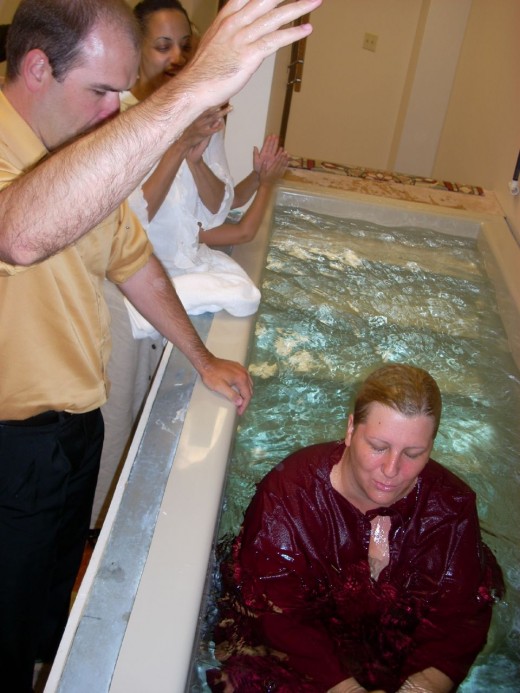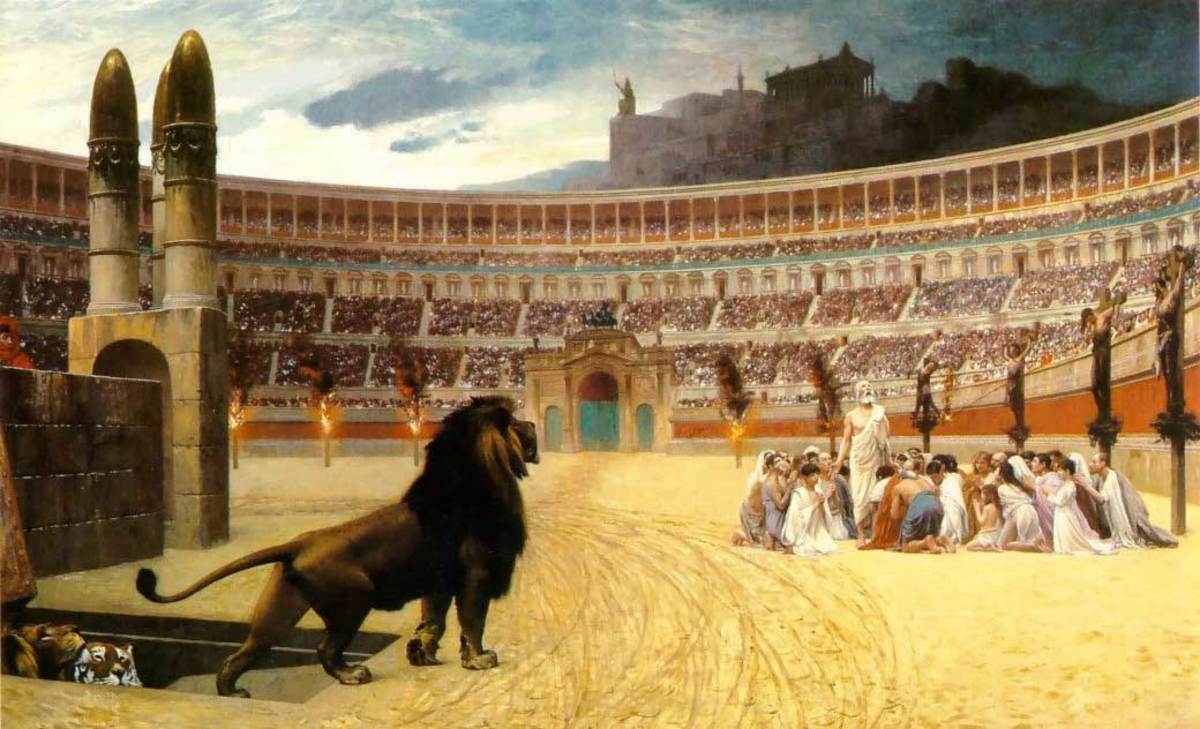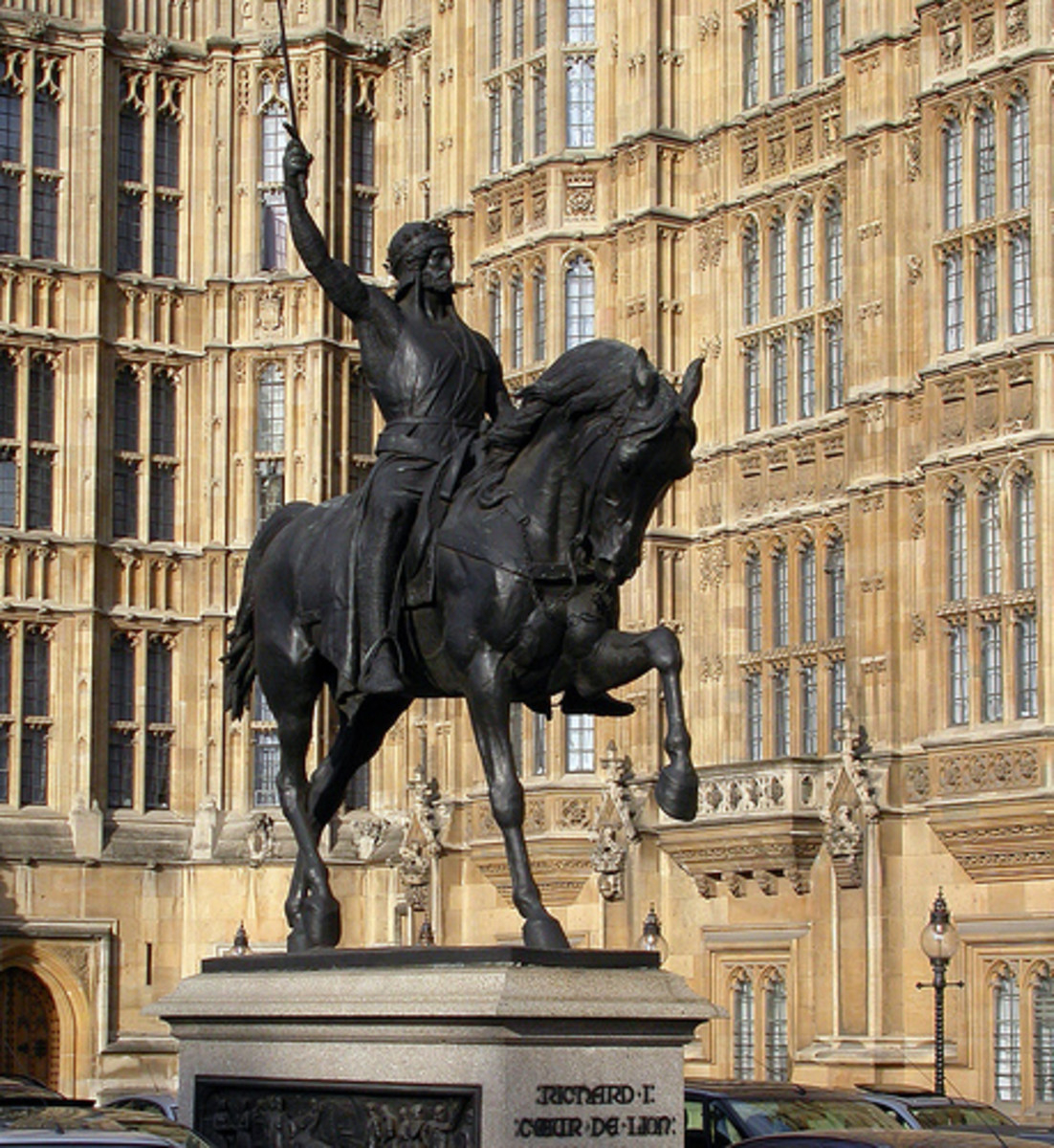What is a Pentecostal?

What is a Pentecostal church? What is a Pentecostal Christian? What do Pentecostals believe?
Pentecostals are evangelical Christians who believe in an experience of God's power called the Baptism in the Holy Spirit, an event usually accompanied by speaking in tongues or other supernatural phenomenon.
Other Christians believe in the Baptism in the Holy Spirit, but they usually interpret it as the time when a new believer automatically receives the indwelling Holy Spirit. Pentecostals seek it as an additional experience, and regularly seek similar experiences as part of their worship.
The modern Pentecostal movement began in Topeka, Kansas, in 1901, when Charles Parham began speaking in tongues--a strange language its practitioners believe to be divinely inspired. He taught his followers the gift of tongues was a sign of the Baptism in the Holy Spirit (or Holy Ghost), and they began experiencing it too. In 1906, Parham's student William Seymour took the teaching to Azusa Street in San Francisco, starting off a revival that eventually spread worldwide.
Until the 1950s, Pentecostal Christians generally worshipped in their own churches. Although they mostly held orthodox Christian beliefs, such as the doctrine of the Trinity, the saving work of Jesus on the cross, the Resurrection and the authority of the Scriptures, mainstream Christians shunned them for their apparently bizarre practices. As well as speaking in tongues, the Pentecostals believed they could prophesy, heal the sick, cast out demons and work miracles. In the US, they became popular on TV and radio through the ministries of Pentecostals evangelists and healers such as Oral Roberts.
As the '50s wore on, however, Pentecostals made it their mission to convert other Christians, both Protestant and Catholic, to their newfound experience, and many did. Those believers who claimed to experience tongues and miracles while remaining in their traditional denominations, such as the Anglican, Baptist and Lutheran churches, were usually called charismatics or neo-Pentecostals. Eventually, Pentecostal beliefs and practices became accepted by many churches.
Despite this history, Pentecostal believers claim they discovered nothing new, but simply recovered the experience of the first Christians. They point to the New Testament, where on the Day of Pentecost (Acts 2), believers spoke in tongues, and other instances in the Bible where people of God prophesied, healed and worked miracles.
In the US today, Pentecostal churches tend to belong to one of a handful of large denominations--the Assemblies of God and the Foursquare Church are the main two--or to smaller networks of churches. Their worship is similar to that of other born-again, evangelical churches, with hymns or contemporary music, Bible teaching and preaching and prayer. They usually encourage members to pray aloud in tongues during a service, and will often set aside a time for "ministry," where they practise the "laying on of hands," a form of prayer for miraculous intervention.








